Origin

Since the beginning of time we have wanted to represent the world in which we live. To recognise and understand it, to better explain ourselves. At first we had to use isolated sounds, babbling accompanied by a sort of improvised dance. Then images: lions and deer, wolves and reindeer, bulls and bears emerged from the bottom of the earth, with rudimentary tools. And finally, language, words weaving together stories, poems, myths transmitted by word of mouth for millennia until they gradually lost their voice and turned off completely.
-

THE ARROW
60,00 €THE ARROW
60,00 € -
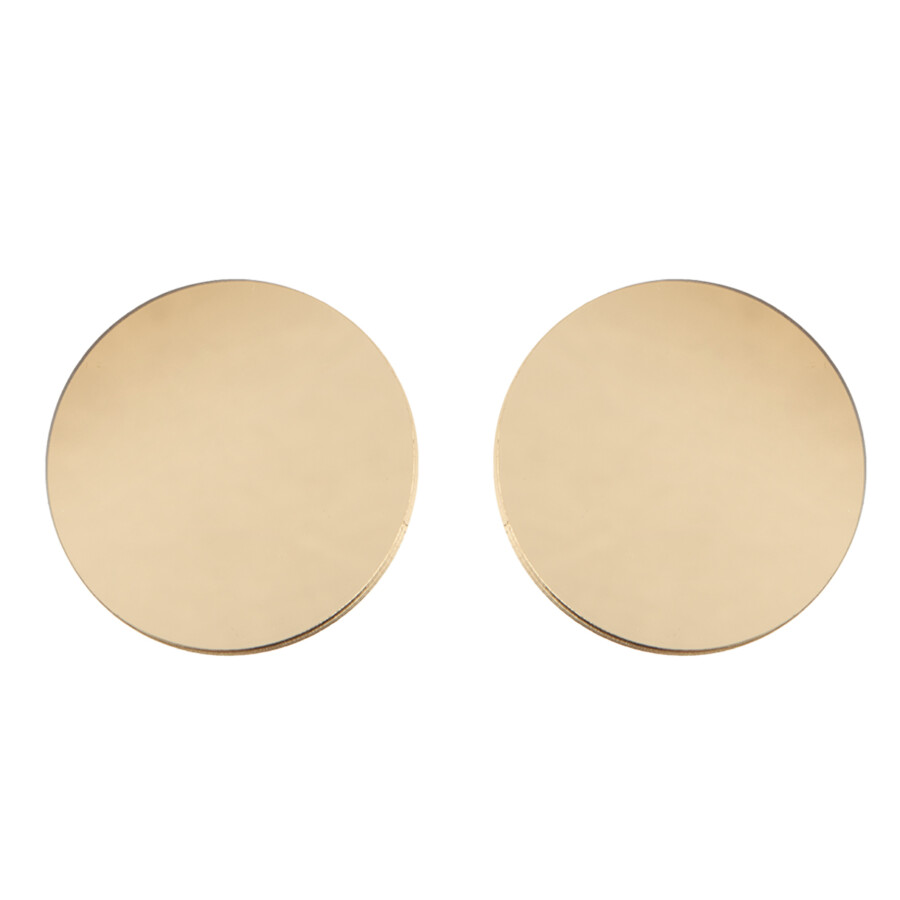
TRANCES
55,00 €TRANCES
55,00 € -
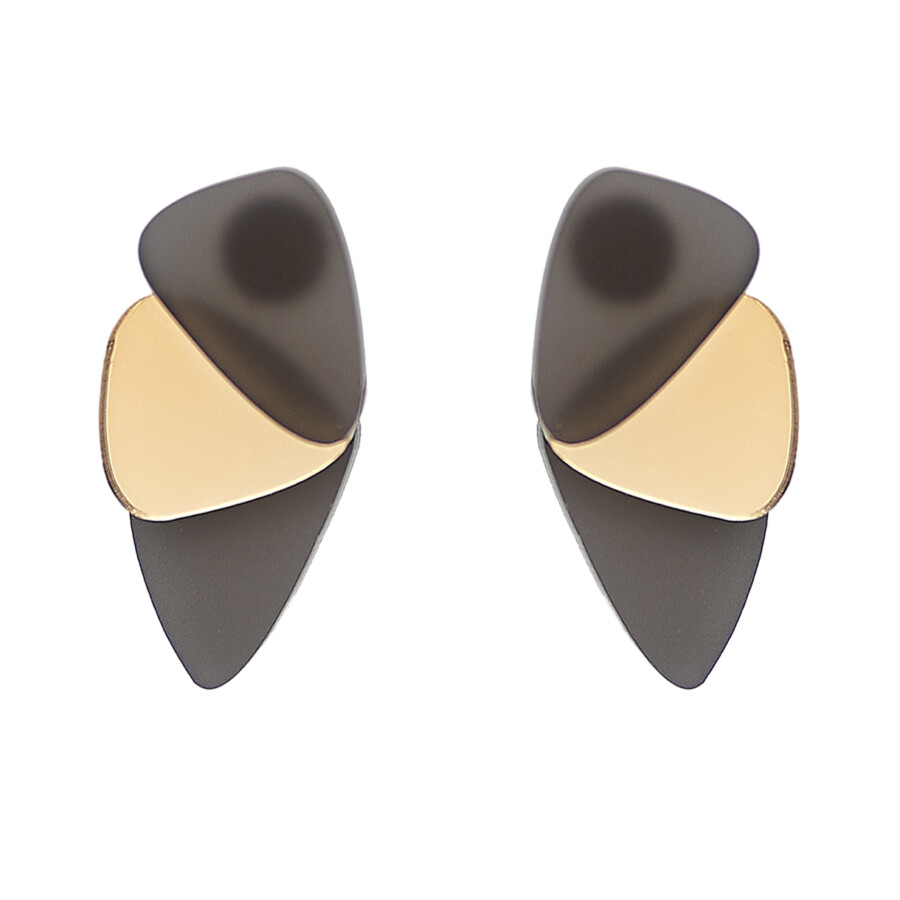
PETROGLYPHS
45,00 €PETROGLYPHS
45,00 €
The paintings that amaze us so much, the multicoloured horses of Lascaux, the fiery-eyed cats of Chauvet, the sinuous bison of Altamira, the hands of Sulawesi, the vulvas of Tito Bustillo, the chimerical creatures of El Castillo, are just a small part of what once existed. And what existed remains a mystery.
-
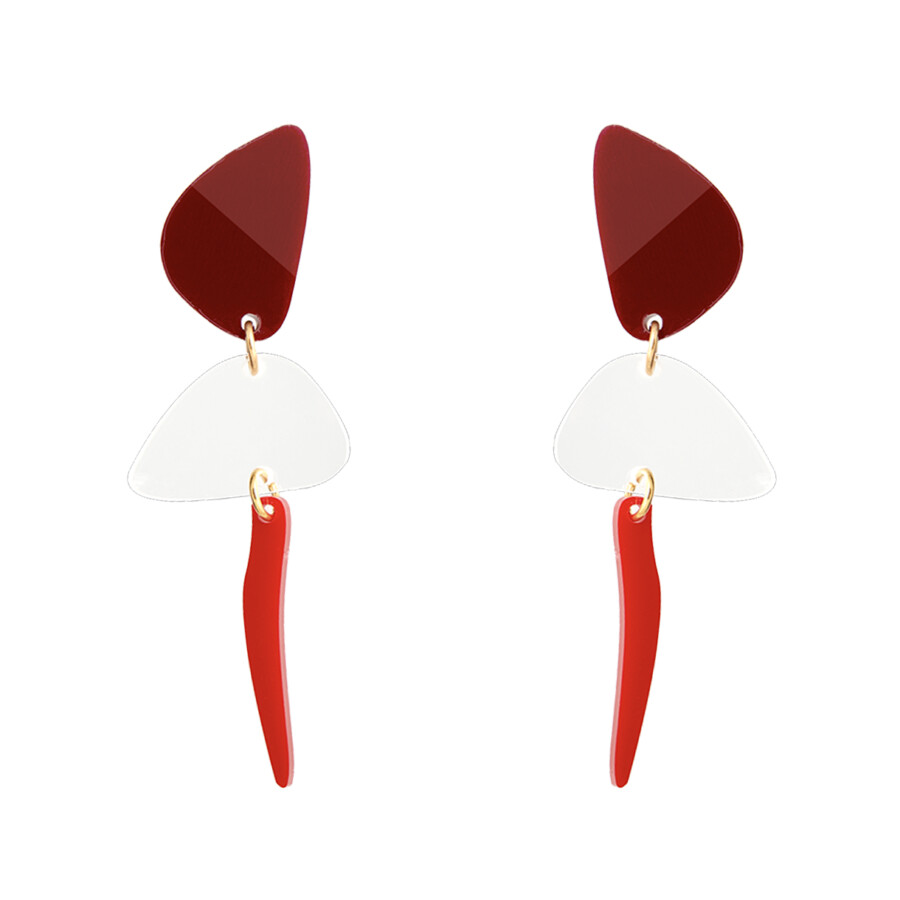
THE BOW
60,00 €THE BOW
60,00 €
-
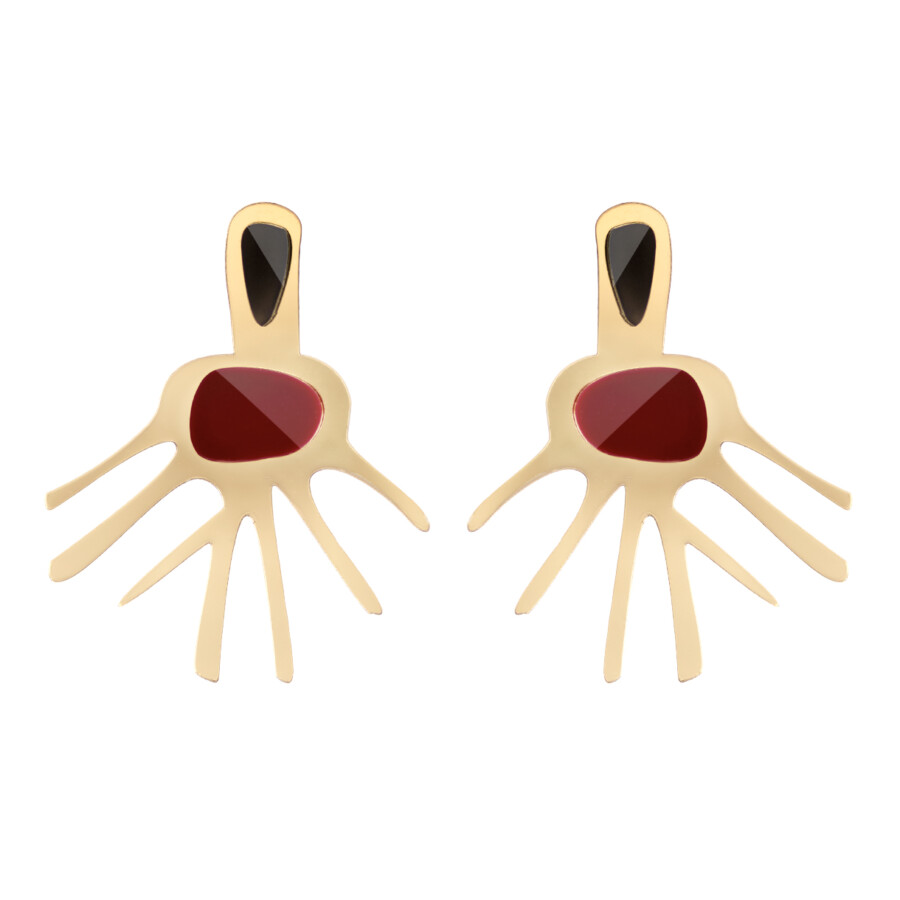
MAGIC
Sold OutMAGIC
Sold Out
The world, yes, was a different place, dominated by large mammals: powerful rhinos, fast horses, gigantic mammoths, imposing their power on men, who were a minority. Behind each new horizon loomed a threat: a predator, a frost, a prolonged famine. Life expectancy did not exceed 30 years. They did not know agriculture. Nor metallurgy. But they had music and jewels. They knew how to make fire. To count. To kill from afar. To create tools and to talk. Stone was sacred, it had mystical powers: there was no more noble material in which to bind a dead person. And in the depths of the rock, in its disturbing hollows, they worked their first works of art.


What prompted them to do so? Can we call these cave paintings art? Are they the origin of our art? And what do they mean? Are they a way of exposing their beliefs? Of connecting with the Beyond? Of filling a void? Of making peace with the hunt? And why are they all so similar, with barely any variation noticeable except for in the details of the legs or the ears of the cattle depicted? And why do they all exist in places which are almost inaccessible? Why couldn’t they be seen?
-

THE TORCH
Sold OutTHE TORCH
Sold Out -
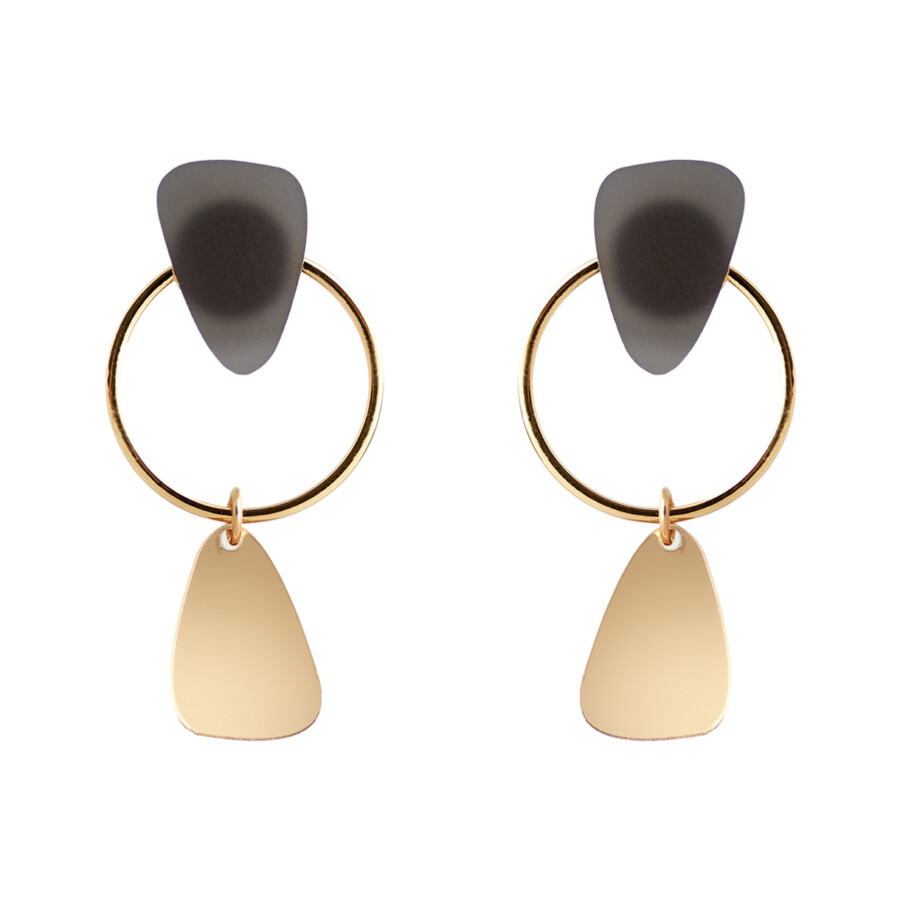
CHATELPERRON
75,00 €CHATELPERRON
75,00 € -

THE SPEAR
40,00 €THE SPEAR
40,00 € -
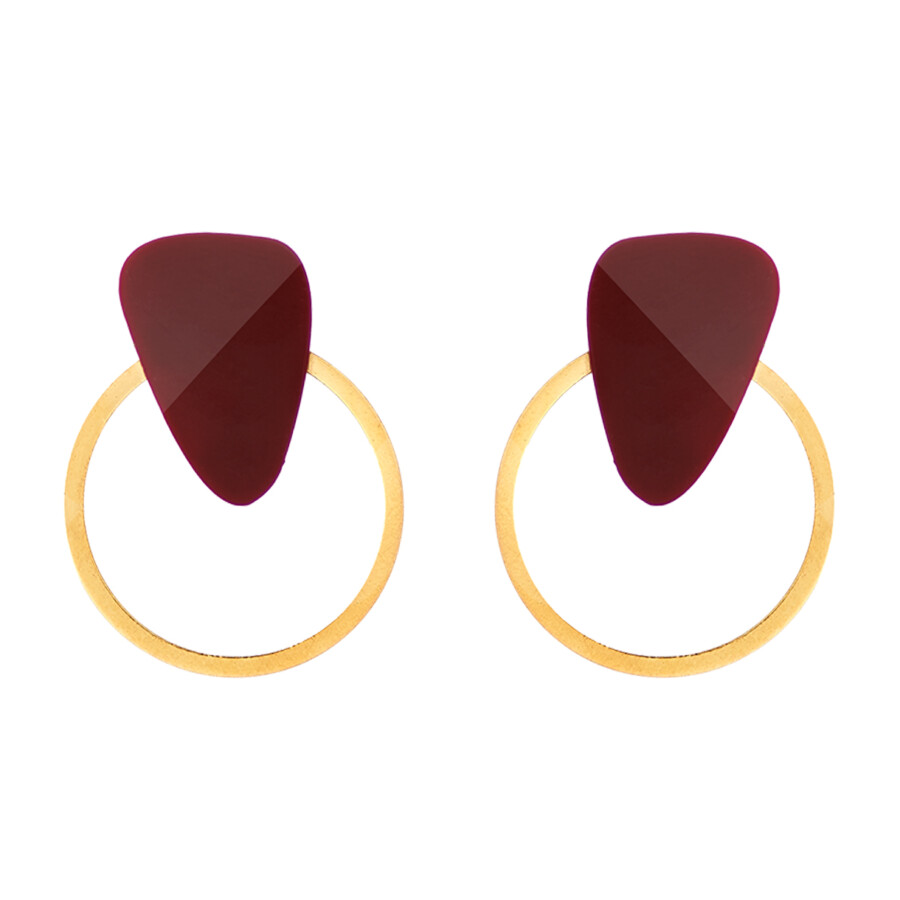
HAND AZE
Sold OutHAND AZE
Sold Out -
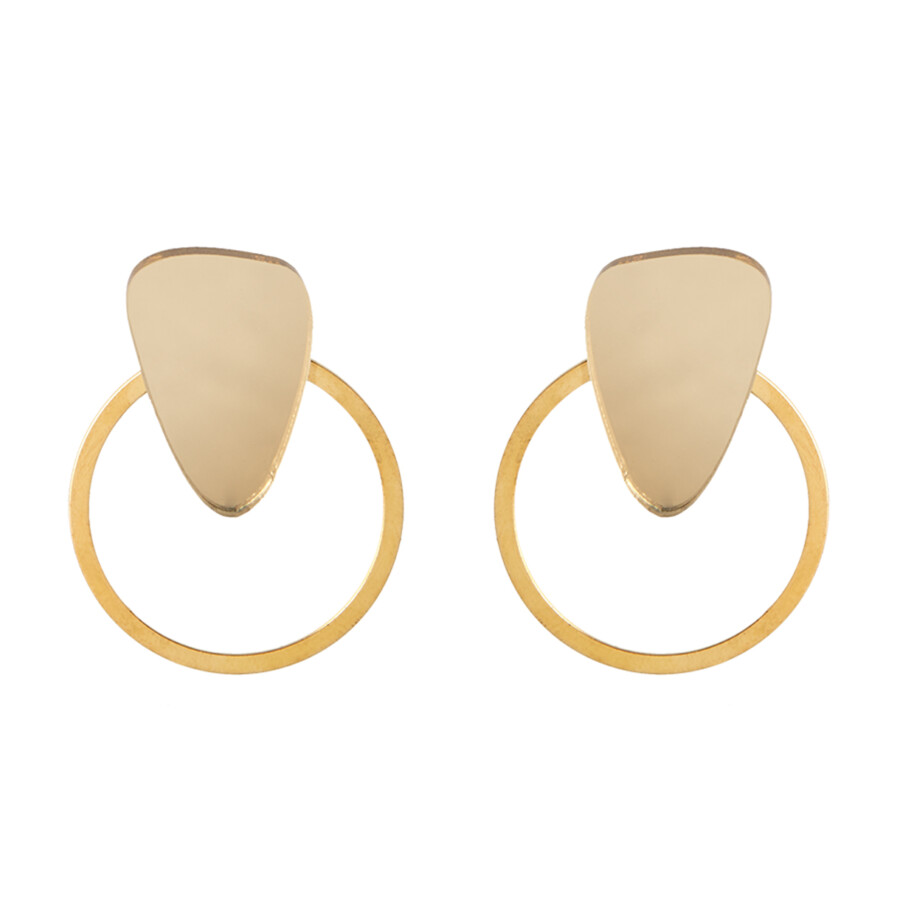
BURIL
75,00 €BURIL
75,00 €


From Africa to the Middle East, from Indonesia to Europe, the following images, superimposed, unfinished, interacting with each other thousands of kilometres apart, lasted for twenty millennia until the planet began to change. Until the glaciers retreated, the reindeer herds dwindled and humans increased in power. Then the culture of the cave came to an end. As well as that recorded with ocher, seashell necklaces, griffon vulture flutes, and ostrich egg shells.
-
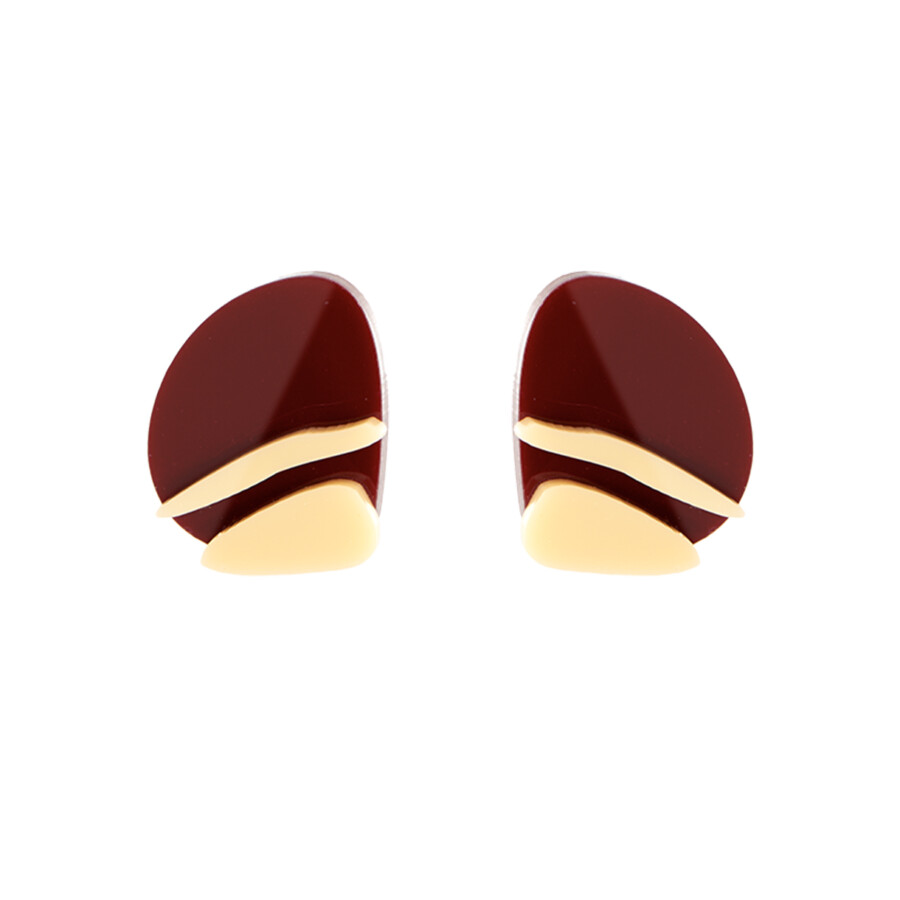
THE SHAMAN
Sold OutTHE SHAMAN
Sold Out -

THE FOOTPRINT
40,00 €THE FOOTPRINT
40,00 €
-
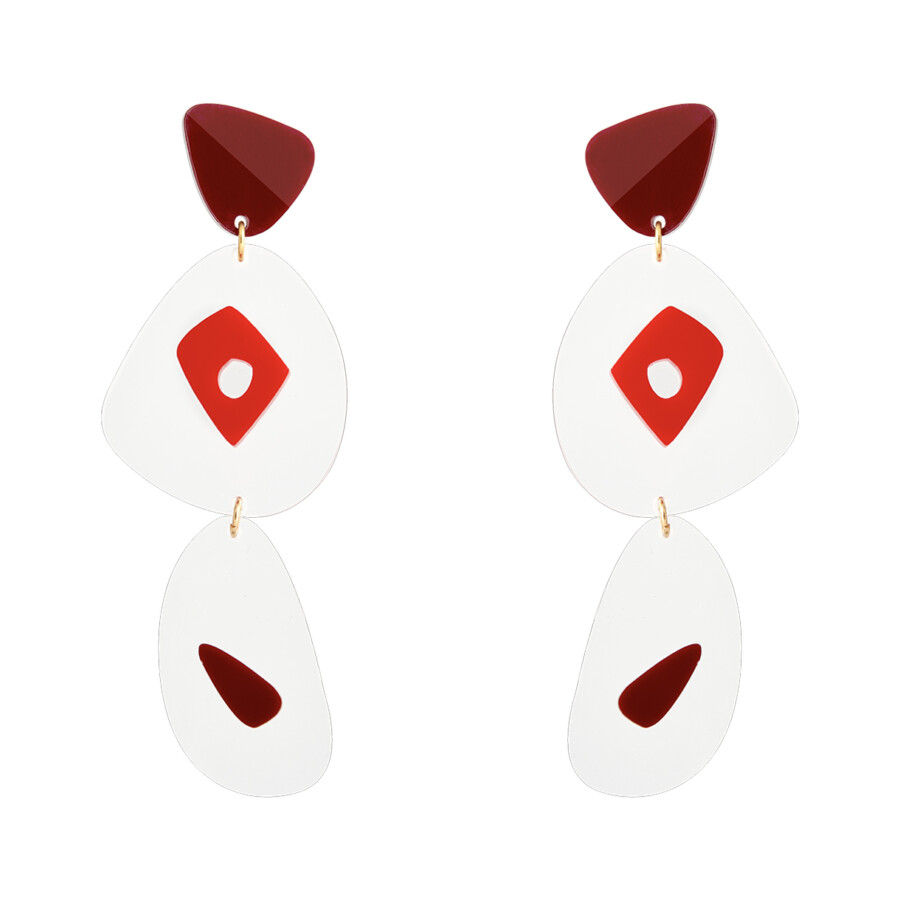
THE MYTH
75,00 €THE MYTH
75,00 € -
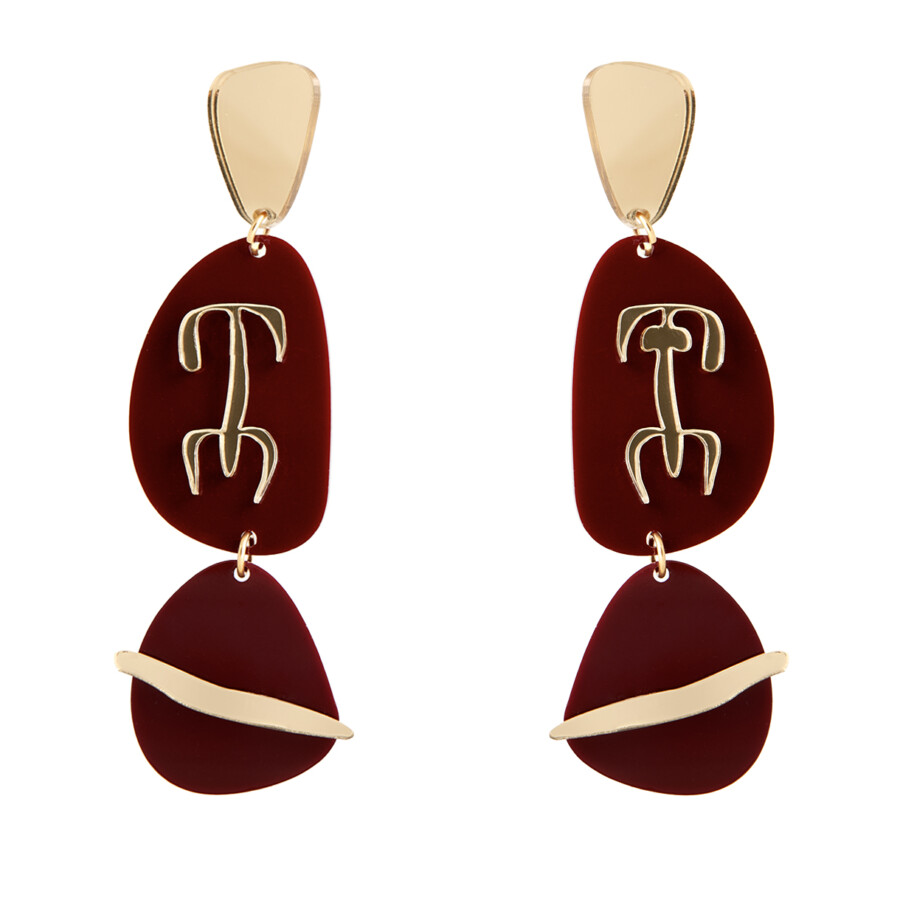
MONFRAGÜE
75,00 €MONFRAGÜE
75,00 €

Their works ceased, yes, but not their symbolism. The immaterial power of their images. Because, if today we swim in a universe of symbolism, be it traffic signs or iPhone icons, it is only thanks to those first creators who were capable of awakening our most genuine emotions with the purest of outlines.
-
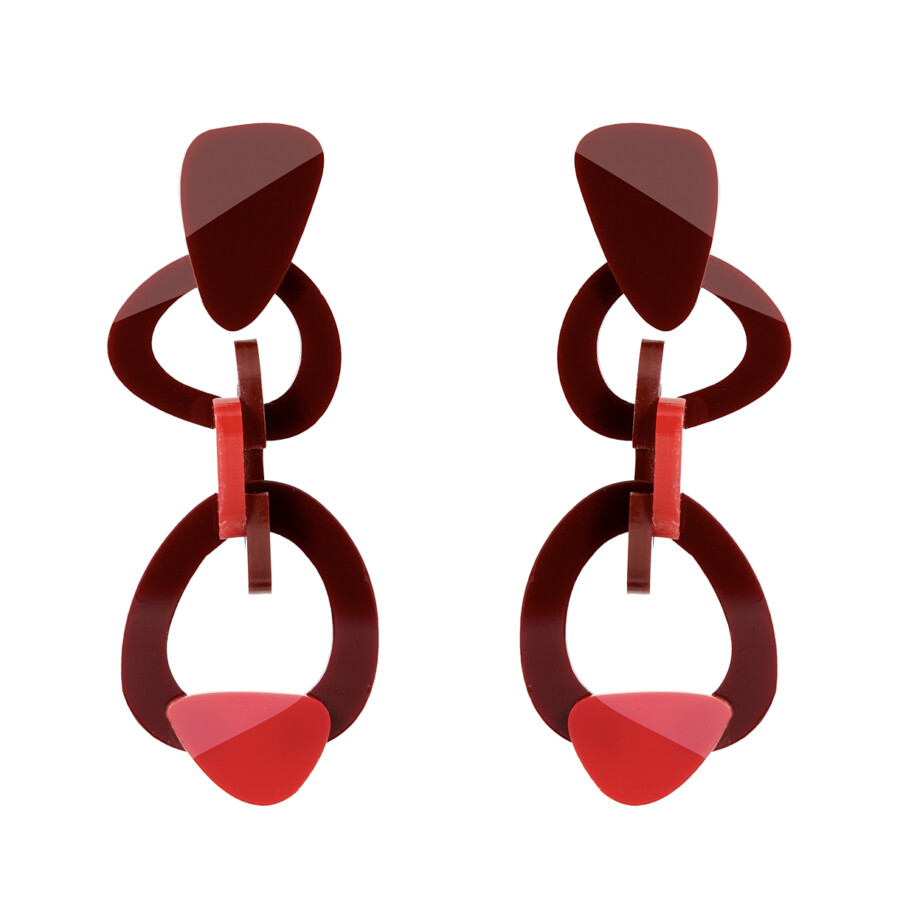
CAVES
Sold OutCAVES
Sold Out
-

LIGHT
95,00 €LIGHT
95,00 € -

BEATS
95,00 €BEATS
95,00 € -

DARKNESS
Sold OutDARKNESS
Sold Out -

GIANTS
95,00 €GIANTS
95,00 € -
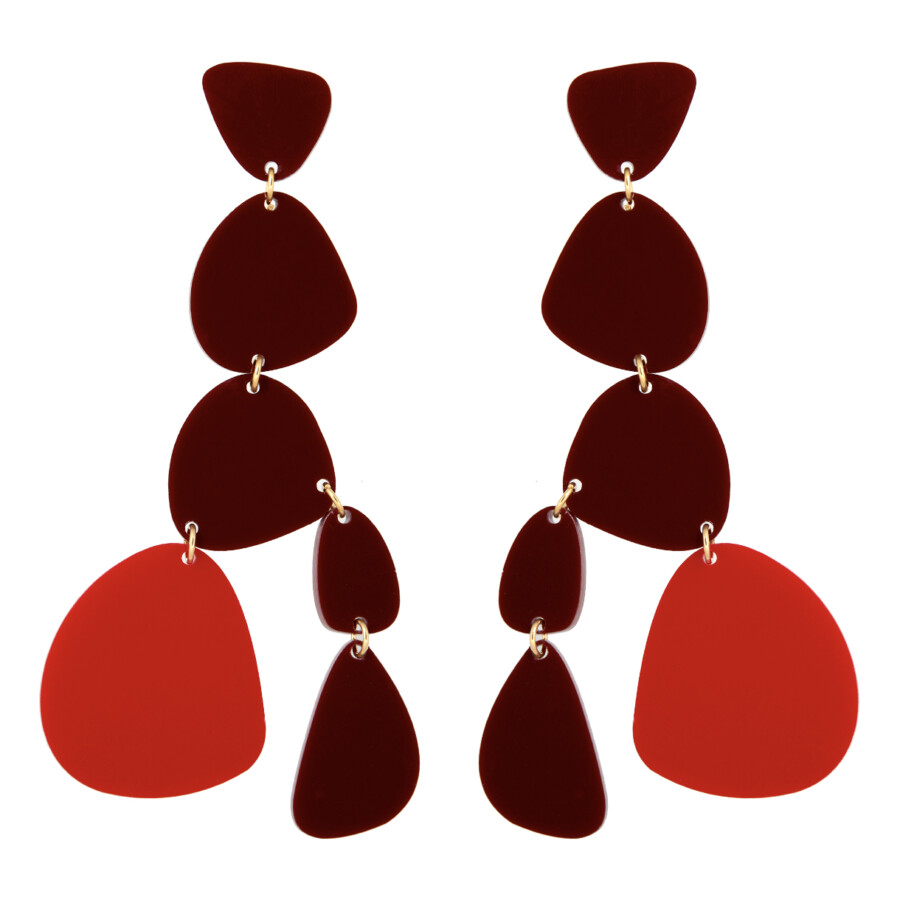
THE TRIBE
95,00 €THE TRIBE
95,00 €
-

THE STAIN
50,00 €THE STAIN
50,00 €
And those same emotions are what we now experience when we return to their caves to design this new collection. By hearing the sound of our breathing as we enter their depths, lighting a torch in the darkness to bring out a world that no longer exists, with its wild horses, and its gigantic mammoths, and listening to the beat of distant music, the voice of a storyteller narrating an ancient story.

On our 10th anniversary we return to where it all began. To our origin.
-
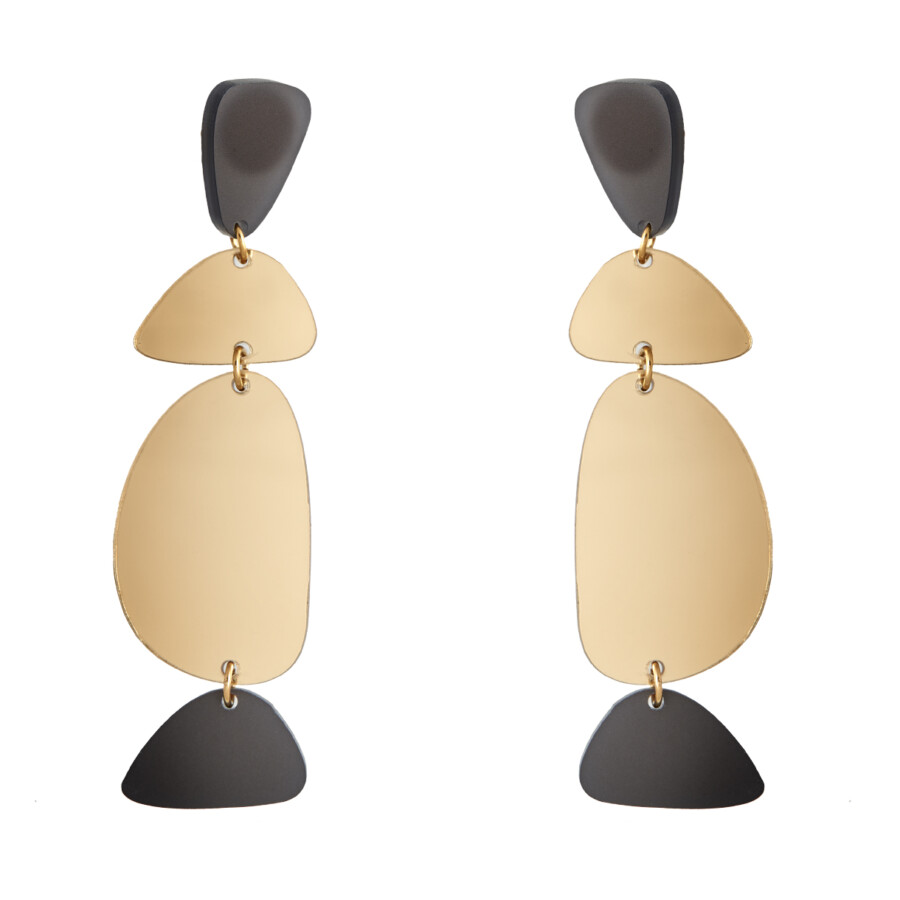
CAVEWOMAN
Sold OutCAVEWOMAN
Sold Out -

HIERATICAL
90,00 €HIERATICAL
90,00 €
